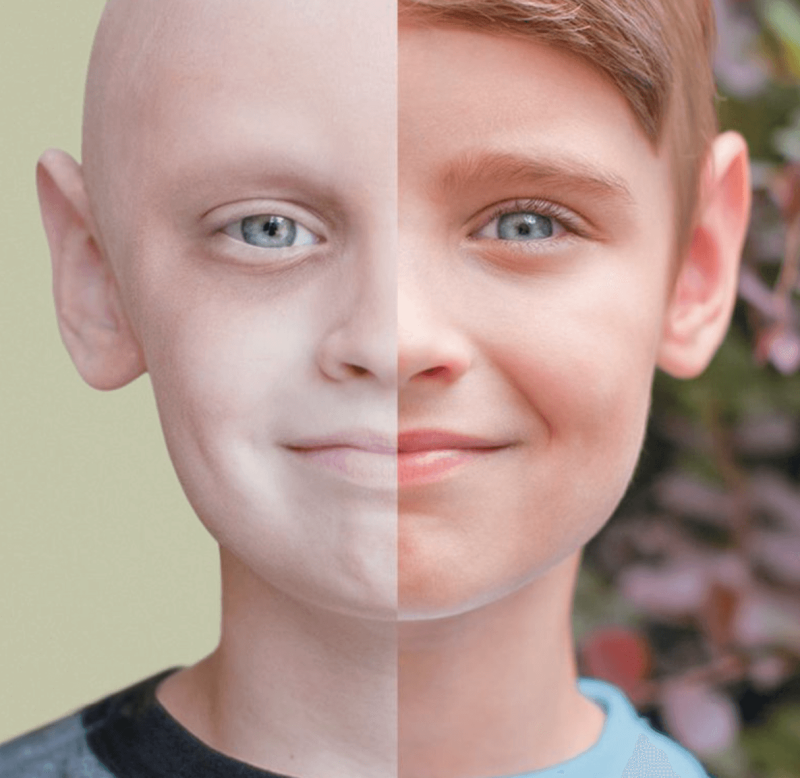[Editor’s note: Henry Miller is a physician and molecular biologist, and a Fellow in Scientific Philosophy and Public Policy at Stanford University’s Hoover Institution. He was the founding director of the FDA’s Office of Biotechnology.]
Should Americans be allowed to edit their DNA to prevent genetic diseases in their children? That question, which once might have sounded like science fiction, is stirring debate as breakthroughs bring the idea closer to reality. Bioethicists and activists, worried about falling down the slippery slope to genetically modified Olympic athletes, are calling for more regulation.
The bigger concern is exactly the opposite—that this kind of excessive introspection will cause patients to suffer and even die needlessly. Anachronistic restrictions at the Food and Drug Administration and the National Institutes of Health effectively ban gene-editing research in human embryos that would lead to implantation and births. These prohibitions are inhibiting critical clinical research and should be lifted immediately.
…
As to the ethics, it would be unacceptable to modify normal embryos—the cliché about “designer babies”—but nobody is proposing to do that, and no American regulatory agency would approve it. If the concern is that embryos may be destroyed, parents with genetic diseases are already discarding many while using in vitro fertilization as a way to avoid passing on abnormal DNA.
…
What’s holding researchers back, at least in America, is outmoded regulations.
The GLP aggregated and excerpted this blog/article to reflect the diversity of news, opinion, and analysis. Read full, original post: Gene Editing Is Here, and Desperate Patients Want It (behind paywall)































